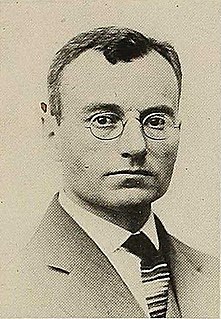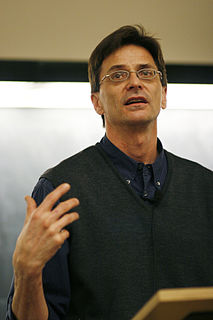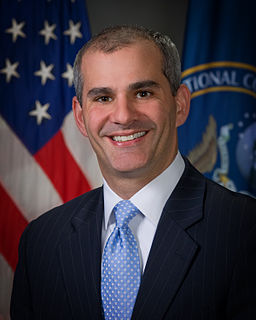A Quote by James D. Watson
I do think one success of Northern Europe, which the United States came from, was its willingness to accept innovation in business practices like Adam Smith and the whole Enlightenment. It essentially made the merchant class free instead of controlled by the king and aristocracy. That was essential.
Related Quotes
The United States is a society in which people not only can get by without knowing much about the wider world but are systematically encouraged not to think independently or critically, and instead to accept the mythology of the United States as a benevolent, misunderstood giant as it lumbers around the world trying to do good.
That was the reason why very few people fleeing the rise of fascism in Europe, especially in Germany, could get to the United States. And there were famous incidents like with the MS Saint Louis, which brought a lot of immigrants, mostly Jewish, from Europe. It reached Cuba, with people expecting to be admitted to the United States from there. But the administration of Franklin D. Roosevelt wouldn't allow them in and they had to go back to Europe where many of them died in concentration camps.
Instead of an aristocracy of wealth, of more harm and danger than benefit to society, to make an opening for the aristocracy of virtue and talent, which nature has wisely provided for the direction of the interests of society and scattered with equal hand through all its conditions, was deemed essential to a well-ordered republic.
In Europe, you have very different situation than you do in the United States. In Europe, it's very segregated. And you have the diasporas in Belgium that I saw. And they're being radicalized because they're not assimilated with the culture. I don't think we have that same situation in the United States.
In politics, Joseph Smith was something of a radical. He preached, instead of democracy, a version of theocratic rule within a framework given by his own prophetic leadership. At Nauvoo, Smith affected a Napoleonic uniform and made himself into a general and quasi king of the polity he had constituted.




































